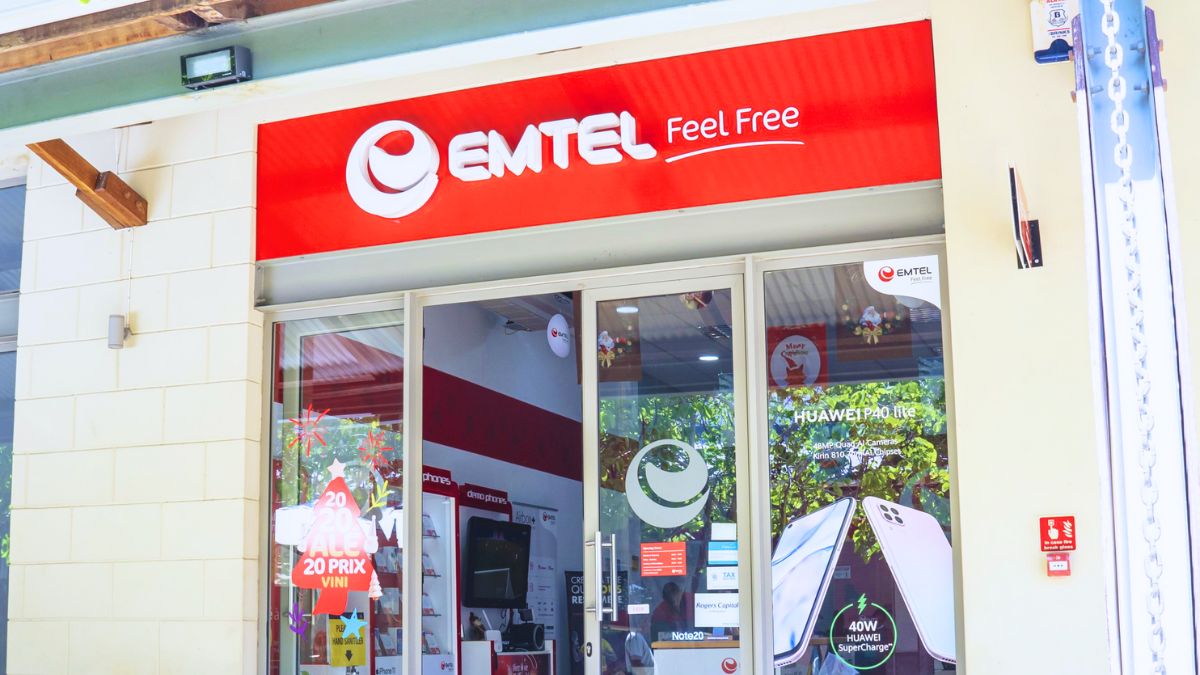Emtel has emerged victorious in the long-standing legal battle against Cellplus, Mauritius Telecom, ICTA, and the Ministry of ICT, which has lasted for over 25 years. The regulatory authorities, particularly the ICTA, have come under fire in the judgment for not properly fulfilling their role as regulators of the telecommunications sector and for the numerous delays accumulated in court.
In 1989, the Telecommunications Authority (the precursor of the ICTA) granted Emtel a license to provide an exclusive mobile phone service in Mauritius, while Mauritius Telecom (MT) was responsible for operating the fixed-line network. To do so, Emtel needed to be connected to the fixed-line network of Mauritius Telecom.
In March 1996, MT introduced Cellplus to operate a competing mobile phone service against Emtel.
However, it was on September 5, 1996, that the Telecommunications Authority granted Cellplus its license. This license was retroactive, stating that it came into effect on January 1, 1996.
Emtel claimed that Cellplus had already started commercially operating its fixed-line service from March to September 1996, before it was even granted a license.
In fact, from March 1996, Cellplus offered its services for free but argued that it was just a Prelaunch Testing of its service.
According to Emtel, Cellplus violated other conditions of its license. Emtel maintained that MT was subsidizing Cellplus so that it could lower its rates. Emtel also had to reduce its rates, leading to huge losses of over Rs 1 billion.
In June 2000, Emtel claimed damages against MT, Cellplus, ICTA (which had succeeded the Telecommunications Authority), and the Ministry of Telecommunications for acts of unfair competition contrary to Article 1382 of the Civil Code.
Judge Chui Yew Cheong, sitting in the Supreme Court, held in a judgment in 2017 that Cellplus had indeed started its commercial operations before obtaining its license, given the market share it had captured by the end of September 1996, approximately 30%.
The judge ruled that MT and Cellplus had intentionally violated Article 1382 of the Civil Code, and that ICTA was also responsible for tolerating these violations.
However, she dismissed Emtel’s complaint against the Ministry of Telecommunications, as it had not issued any directive endorsing the actions of MT or Cellplus.
The judge also found that MT and Cellplus had violated other conditions of their license. The Telecommunications Authority had stated in a press release or in official correspondence that Cellplus had obtained a license to operate a mobile network under two conditions.
Firstly, MT would continue to provide a connection to its fixed-line network to Emtel so that the latter could operate its mobile phone network.
Secondly, MT could not finance Cellplus from the profits generated by its monopoly on fixed lines (a practice known as Cross-Subsidization).
The judicial interpretation of the term “License” in a broad sense by the judge revealed that certain conditions were not explicitly stated in the license granted to Emtel, but should nonetheless be considered as such.
It was concluded that there had indeed been Cross-Subsidization of Cellplus by MT, leading to the judge ruling in favor of Emtel and awarding damages of over Rs 554 million.
However, Judges Caunhye and Ohsan-Bellepeau dismissed this decision on appeal. Relying on the statutory powers of the Telecommunications Authority, they found that the retroactivity of Cellplus’ license was legally valid.
The license was issued in the name of Cellplus, which was a separate entity from MT. Therefore, MT could not be held responsible for any violation of the conditions of the license. These judges rejected the reasoning adopted by Judge Cheong.
Emtel then appealed to the Privy Council. The Law Lords overturned the Court of Appeal’s decision and upheld Judge Cheong’s conclusions as “unassailable.” Regarding the retroactivity of Cellplus’ license, they commented:
“The Board has not been provided with any contemporaneous documents explaining why Cellplus asked for the license to be backdated or what the Telecom Authority thought it was achieving by backdating the license.”
They also found that the Telecommunications Authority had failed in its regulatory role by allowing Cellplus to provide a service for free (at zero cost) before obtaining its license, which they deemed predatory pricing practices that should have been approved by the regulatory authority.
The Privy Council further agreed with Judge Cheong’s approach in finding that the conditions of Cellplus’ license could be found outside the official document.
They stated that on a proper interpretation of the Telecom Act 1988, there was nothing preventing the Telecom Authority from imposing a specific condition of the license in a separate document.
Regarding the responsibility of the ICTA and its predecessors, who argued that they were merely government departments and could not be sued in their own names (lacking legal personality, in legal jargon), the Law Lords criticized this defense raised 16 years after the facts before Judge Cheong, indicating an abuse of process by the ICTA.
The government and regulatory authorities faced severe criticism in this case, as the Law Lords pointed out that the conduct of Mauritius Telecom Ltd and Cellplus was exactly what any telecoms regulator should have anticipated and prevented.
They expressed concern over the extensive legal proceedings, court time, and costs incurred by Emtel to hold these public bodies accountable for their actions.
The Law Lords ruled in favor of Emtel on all points. However, they did not issue an order for compensation or costs.
At the request of the parties and considering that the Court of Appeal in Mauritius had not addressed several issues on appeal, they referred the case back to this instance to review its judgment in light of the ruling by the Law Lords in this case.
The authorities were strongly urged to reconsider their stance, with the Board urging them to reassess whether their resistance to Emtel’s claim aligns with the ICTA’s statutory objectives and the public interest.
Source: Le Mauricien












